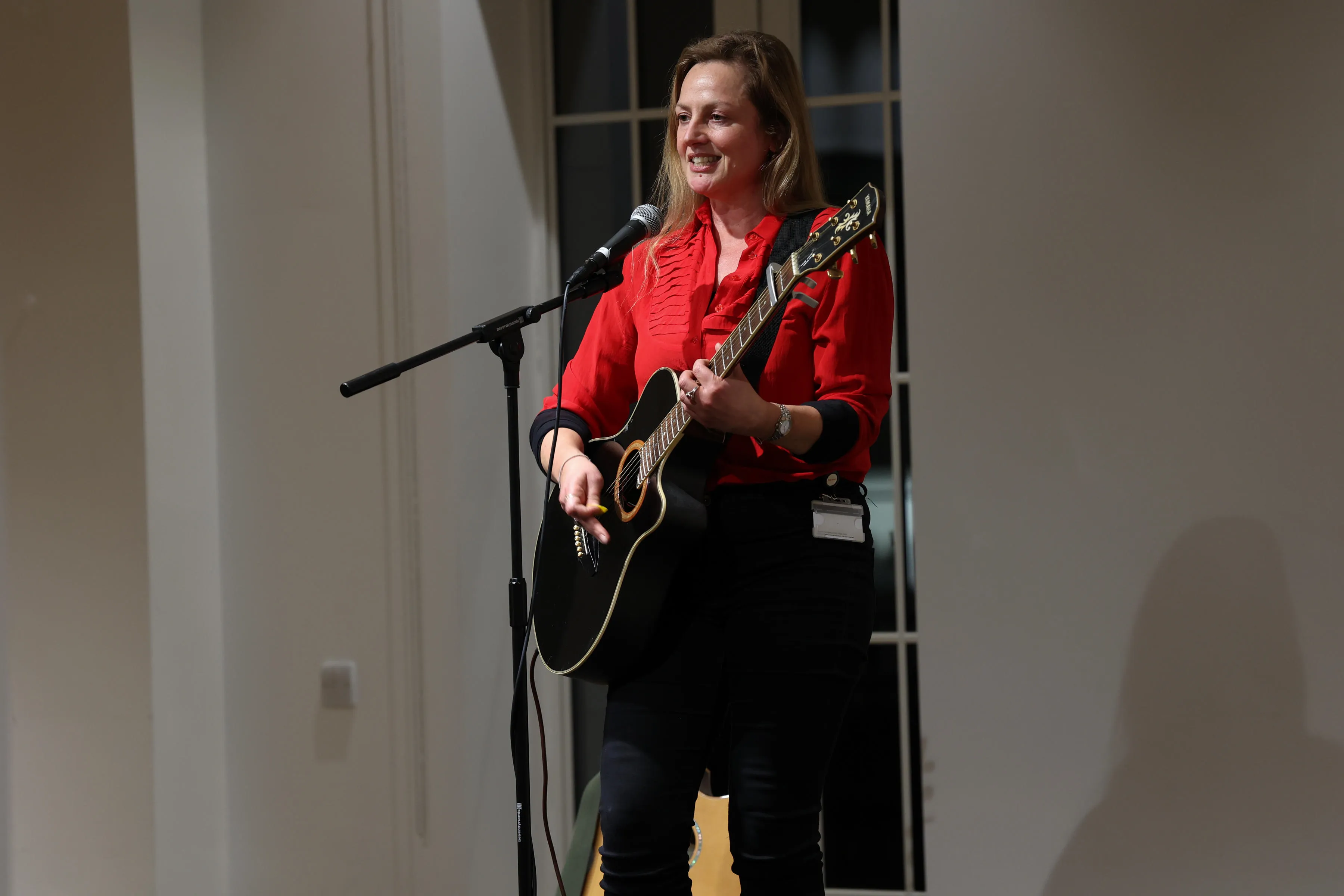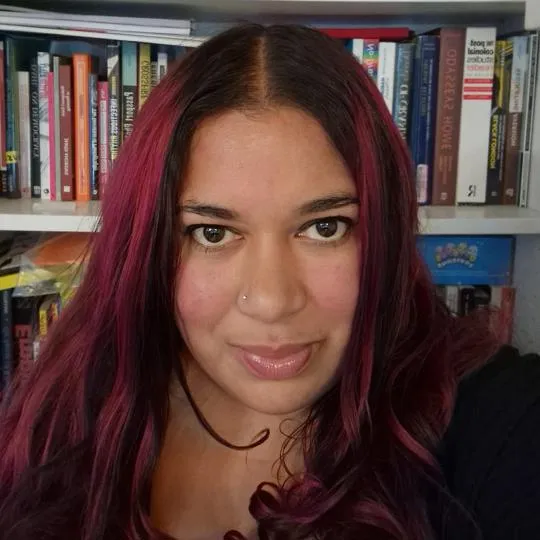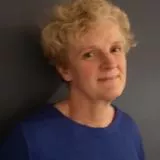At King’s, we are committed to making the world a better place through our world-leading research. By influencing public opinion, advising governments, making legal challenges and working with Parliament my colleagues have helped improve people’s rights, business practices and the environment. We work with campaign groups lawyers and schools across the world
Sofia Bianchini, Research Manager for Impact
05 April 2023
Law School launches first ever Law Impact Prize
The Law impact prize held on 14 March 2023, is the first ever Faculty event to celebrate projects that shape understanding, build capacity, influence policy, change practice and provides expertise and connectivity.

Eight academics from the Dickson Poon School of Law were awarded prizes in recognition of their contribution and impact of their research.
The Law Impact Prize was open to the whole Law School, including PhD students, and recognised two categories of impact:
- Past impact - recognising impact that may have already happened or is currently happening
- Future impact - recognises engagement and researchers on their way to achieving impact.
The rationale and selection process behind the ceremony, was to select, ‘projects chosen on the basis that have led, or may lead to, a change or benefit to the economy, society, culture, public policy or services, health, the environment or quality of life, beyond academia’.
Past impact prize
The winner for the past impact category was Jocelyn Bosse, for her project, 'The Role of The Law in the Circulation of Australian Native Plants'.
Jocelyn’s research and submissions to the Queensland government culminated in amendments to the 2004 Biodiscovery Act that passed in September 2020. The enacted changes ensured that commercial biological research can only be undertaken with prior informed consent of Indigenous communities who hold traditional knowledge about native biological resources. The amendments to Queensland law is now an example for other states in Australia to follow.
Jocelyn’s work alongside her co-authors also prompted a change in editorial policies at The Conversation.
I was delighted to be amongst the amazing researchers in the Law School who were recognised for the global impact of our work. Thanks to this prize, I'll be able to further engage with ongoing law reform projects in Australia to improve the protections of biodiversity and Indigenous knowledge.
Jocelyn Bosse, Lecturer in Intellectual Property and Information Law (Education)
Future impact prize
The joint winners of for the future impact category were Professor Philippa Webb and Dr Rosana Garciandia, for their collaborative project, State Responsibility for Modern Slavery.
Their project attempts to identify when States are involved in committing offences of modern slavery. Often States are focused on their responsibility to punish non-state actors. Their project aims to bridge the gap between the actions of State and non-state actors.
It is an honour to receive this recognition from the Judges and our colleagues. This project originated from a sense that there was a ‘gap’ in the research on modern slavery, namely the responsibility that states and their officials for the exploitation of vulnerable groups. It was also a project with a personal dimension: I was motivated by my family connection to the Philippines, given that so many people subject to modern slavery, in particular women, come from that country. Rosana and I are thrilled that our research has contributed to the first judgment in the world to open the way to holding current diplomats accountable for modern slavery (Basfar v Wong, UK Supreme Court, 2022).
Professor Philippa Webb, Co-Director of Centre of International Governance and Dispute Resolution (CIGAD)
It is humbling and encouraging to receive this award recognising the impact of our research, as we continue engaging with stakeholders on new possible avenues for accountability of States for modern slavery. Student involvement has been and will continue to be an important part of our work towards impact, as we move forward in the exploration of those avenues. Within the Centre for International Governance and Dispute Resolution (CIGAD), we will organise an event this Autumn where we will discuss the implications of our research in key areas, such as public procurement or the construction of infrastructure for big sports events
Dr Rosana Garciandia, Lecturer in Public International Law

The entrants were judged by an external panel comprising of Ximena Soto-Soutullo, Rashida Abdulai, and Christopher Vajda KC.
Rashida Abdulai and Christopher Vajda KC delivered speeches highlighting the difficulties of choosing winners and praised the overall high quality of the submissions.
The runners up are listed below in order of receiving awards at the ceremony:.
- Holger Hestermeyer: 'Brexit, Trade and Parliamentary Treaty Scrutiny'
- Aleksandra Jordanoska: 'Financial Crime Risks and UK FinTechs'
- Nicola Palmer: 'Research-led Peace Education in Central Africa'
- Cari Hyde-Vaamonde: 'Judged by the Machines: What is the impact of decision-making algorithms on the legitimacy of the justice system?'
- Prabha Kotiswaran: 'Laws of Social Reproduction'
- Susan Willman: 'Environmental Rights Recognition Project'
Each of the runners up gave a speech, with the notable exceptions of Prabha Kotiswaran who was unable attend, and Holger Hestermeyer who delivered his acceptance speech via video-link. For Sue Willman’s prize, Mattas Afzal and Danya Novak two students who were involved in the project, accepted the award on behalf of the King's Legal Clinic.
The mood was celebratory and there was a mix of professional services and academic staff in attendance. Before the awards were announced, there was musical entertainment with singing from Rabia Harrison, Director of Operations, Dr Megan Bowman, Director of the Centre for Climate Law and Governance and Professor David Mosey.
Winners were awarded £1,000 and shortlisted projects received £500. All prize winners will be able to use award monies for activities that further enhance the impact of their research.
The event was a collaborative effort between, Dr Oana Stefan, Interim Associate Vice Dean of Impact, Sofia Bianchini, Research Manager for Impact and Dr Natalie Wall, College Impact Lead for Social Sciences. Dr Oana Stefan chaired the event.









